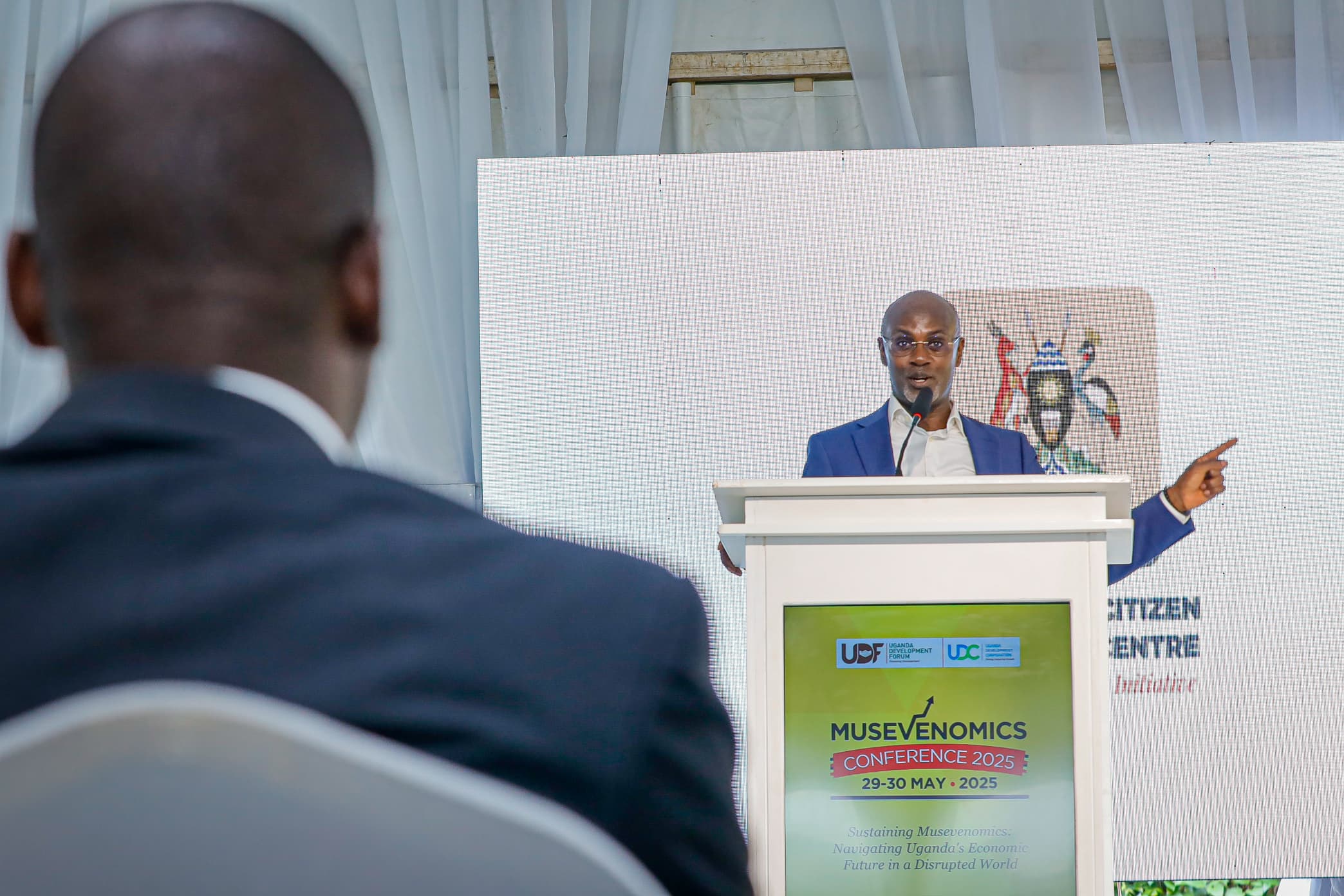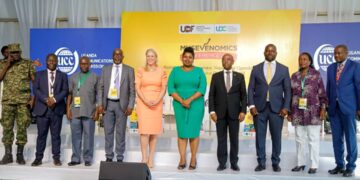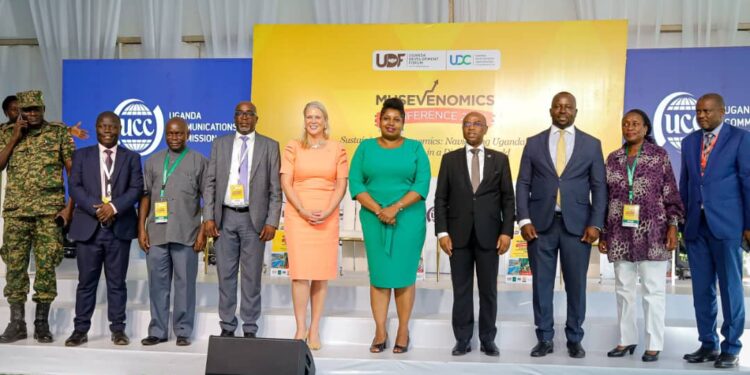The second day of the Musevenomics 2025 Conference brought together key policymakers, economists, scholars, and private sector leaders to dissect Uganda’s economic progress and chart a future roadmap for national transformation.
The event, hosted by the Uganda Development Forum and its partners at Mestil Hotel in Nsambya, highlighted Uganda’s resilient macroeconomic indicators and bold policy interventions that underpin the “Musevenomics” approach to development.
Delivering the keynote update on the economy, Ramathan Ggoobi, Permanent Secretary and Secretary to the Treasury at the Ministry of Finance, Planning and Economic Development, shared a robust outlook.
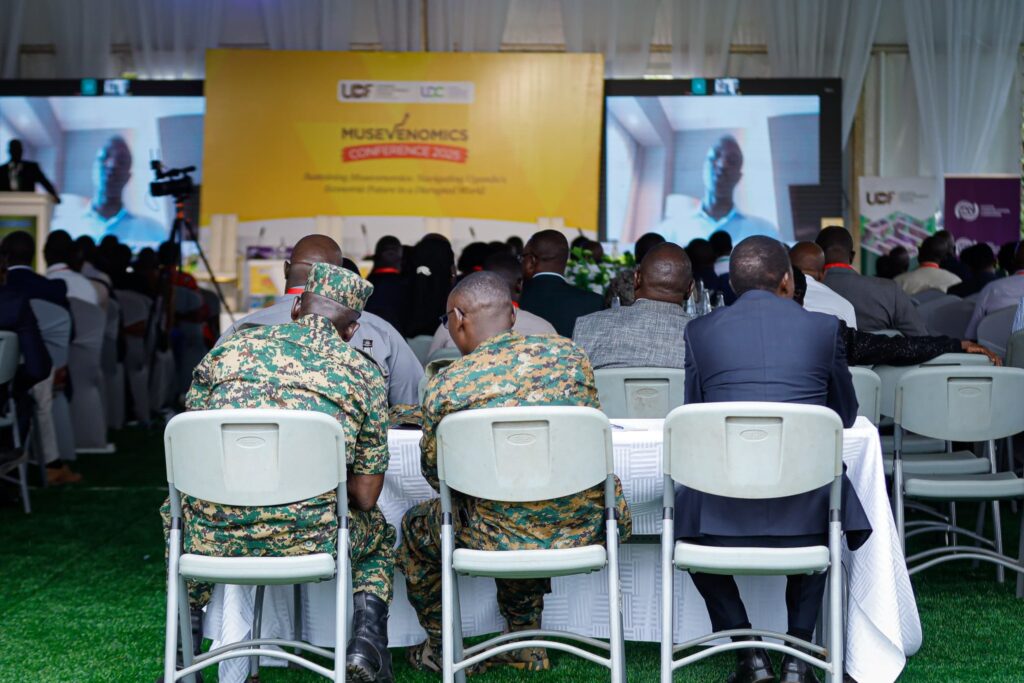
“Uganda’s economy grew by 6.1% last year, and we are projecting 6.4% growth this year. Our macroeconomic stability is no accident—it is anchored by disciplined fiscal and monetary policies,” Ggoobi said.
“Our inflation is averaging just 3.6%, the second lowest in Africa after Mauritius, and well within our target of 5%. This has been made possible by boosting food production through programs like the Parish Development Model,” he added.
Ggoobi also hailed Uganda’s currency as one of the most stable on the continent, with an annual depreciation rate of just 3.2% over the past decade.
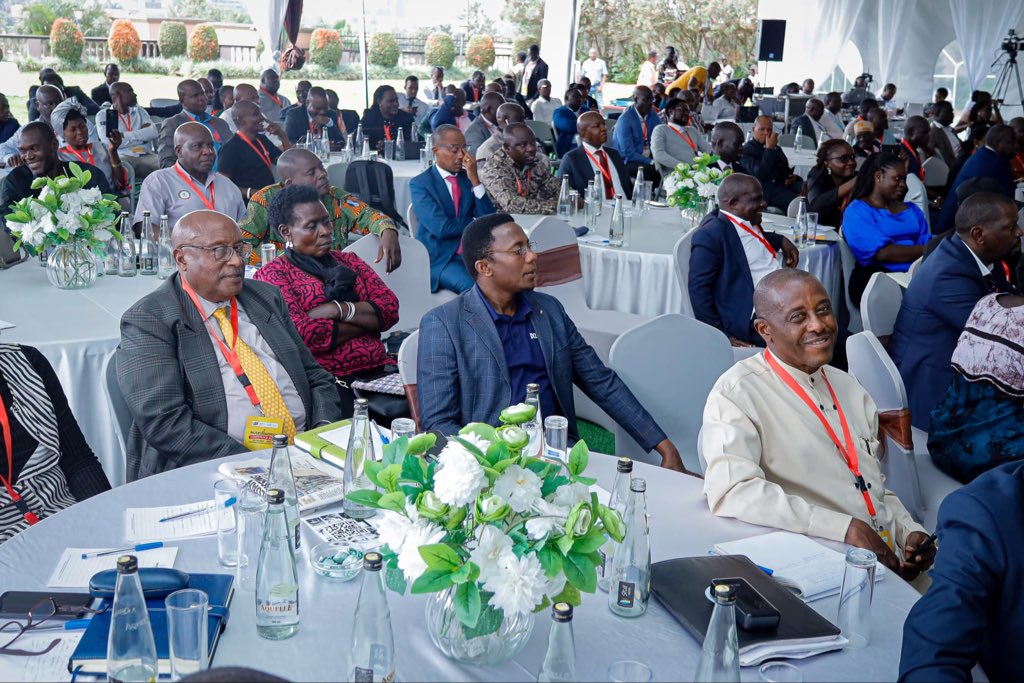
“Foreign Direct Investment stands at $3.2 billion and is expected to rise. Tourism has earned us over $1.4 billion, while remittances are over $1.3 billion and growing. Export earnings have surpassed $10.2 billion, and we’ve diversified—31 new products in 15 years. Coffee now contributes just 14% of exports compared to 64% in the 1990s,” Ggoobi noted.
Andrew Mwenda, Managing Director of The Independent, offered a media perspective during a side panel. “We must tie government support to State-Owned Enterprises with strict performance targets—subsidies should be withdrawn if they underperform,” Mwenda argued.
“Also, we should use FDI more strategically—encourage minority stakes in local firms to help with skills and technology transfer. Most importantly, we must prioritise Ugandan construction firms as drivers of economic transformation,” he noted.
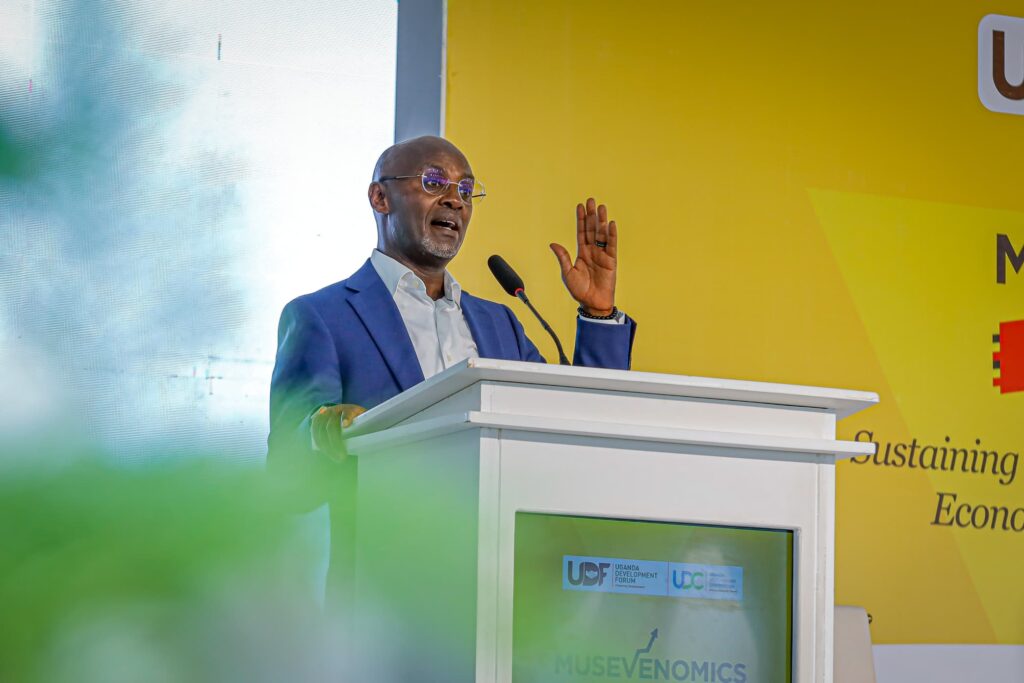
Meanwhile, Hon. Dennis Galabuzi Ssozi, National Coordinator of the Parish Development Model (PDM) Secretariat, presented a case study on how PDM is reshaping Uganda’s rural economy.
“68% of Ugandans depend on agriculture, and 33% are still trapped in subsistence. The PDM is turning parishes into hubs of planning, budgeting, and service delivery. It is a tool for inclusive growth,” Hon. Galabuzi emphasised.
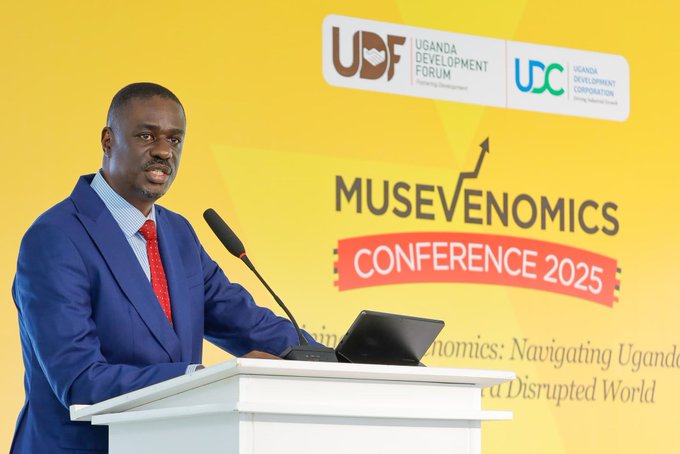
Prof. Julius Kiiza, Associate Professor of Political Economy and Development in the Department of Political Science and Public Administration at Makerere University, delivered a powerful address titled “Deploying Musevenomics for National Economic Salvation.”
“The wealth of nations lies in effective statecraft—a strong state, an industrial economy, and prosperous citizens. Developed countries add value to everything. Poor countries export raw materials,” Prof. Kiiza said.
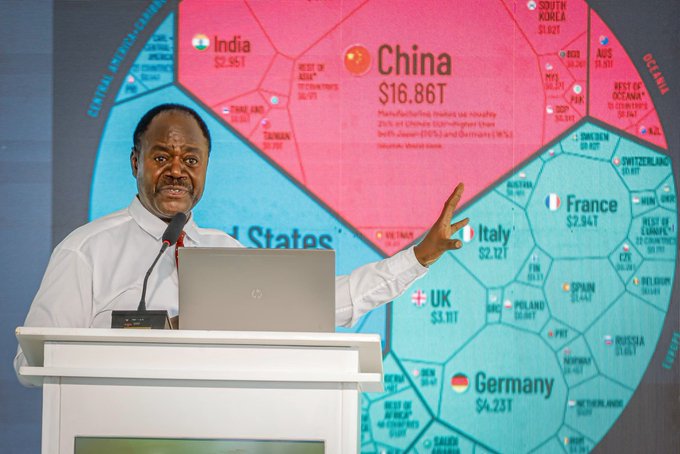
“Musevenomics must move Uganda out of the bottom of global value chains. We need aggressive industrialisation and value addition,” he stressed.
Prof. Kiiza also framed Uganda’s economic journey through six critical questions ranging from the state of the economy at colonial dawn to its collapse between 1971–1986, the recovery since 1986, and the vision for a fully modern economy.
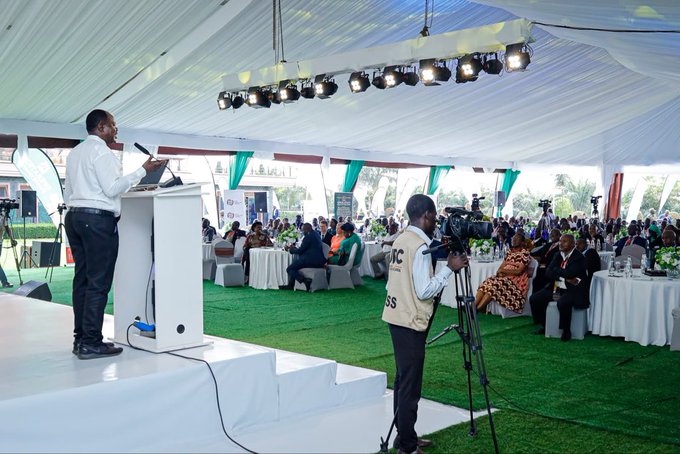
Key takeaways from the conference included: macroeconomic stability is sustained, infrastructure has been vastly expanded, coffee market reforms have stood the test of time, new industrial models emphasise local ownership, domestic capital accumulation is growing and strategic long-term planning is being realised through Vision 2040 and the National Development Plans.
Participants underscored the need to deepen financial inclusion, mobilise communities, fix land access distortions, and encourage co-investment between the public and private sectors. “Musevenomics is a living, evolving strategy. It is pragmatic, rooted in national ownership, and must continue adapting to serve Uganda’s transformation agenda,” said one closing panellist.
